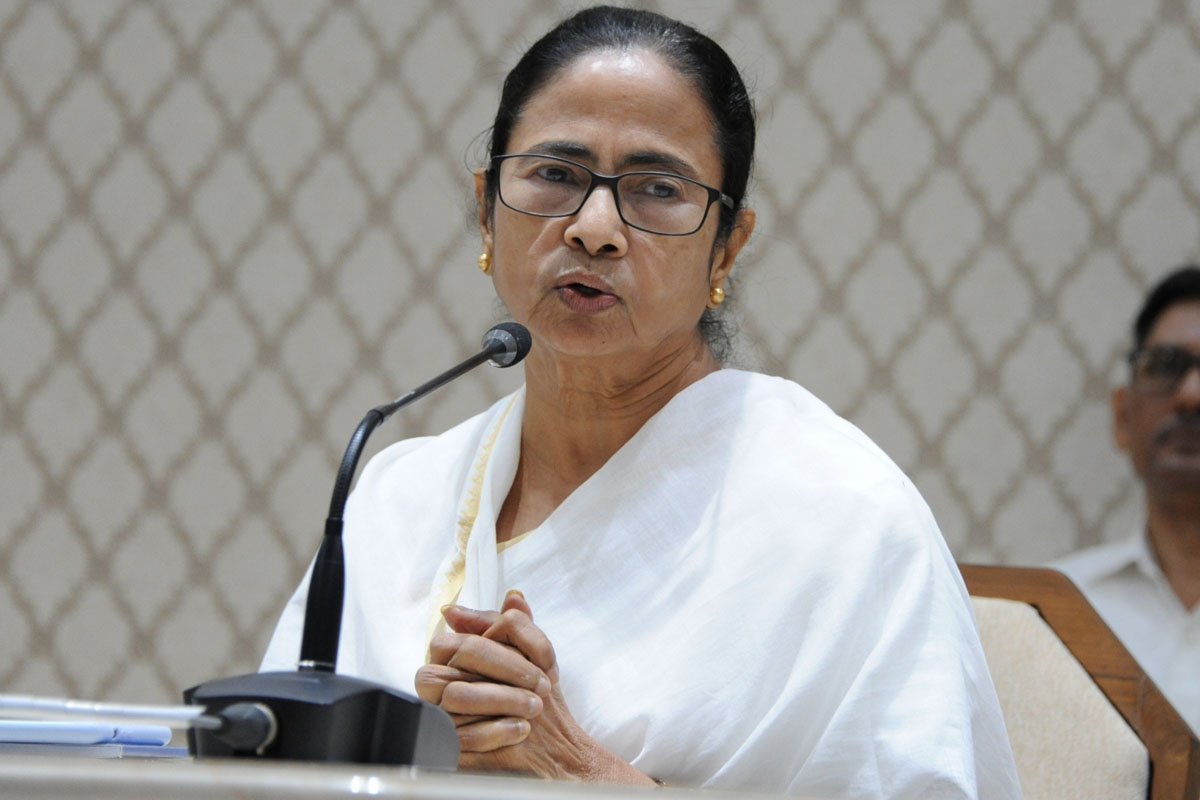There ought to be no grouse against Thursday’s decision of the West Bengal cabinet to reserve the rarefied chair of Chancellor of state universities for the Chief Minister. More basically, the move is intended to minimize the frequent conflict of interest between the Governor and the CM, to the detriment of the advancement of learning, the motto of the University of Calcutta. Thus will the state government gain absolute control over state universities, whose number has been multiplying over the past few years.
Yet prudence would suggest that a distinguished academic might be a more rational choice as Chancellor for at least some of the universities. The appointment will then be bereft of political connotation. As regards procedure, the state government will have to amend the West Bengal College and Universities Act which states that the Governor “by virtue of his office shall be the Chancellor of the university”.
Advertisement
Should the Bill, which is likely to be tabled in the Assembly at the start of the monsoon session in July, be returned by Raj Bhavan, it will be sent back for gubernatorial concurrence. It bears recall that on 24 December, the education minister, Bratya Basu, had let it be known that the government would examine the Constitution to make sure whether the Chief Minister could also be the Chancellor. The statement had followed Governor, Jagdeep Dhankar’s tweet that the education scenario is “worrisome”.
Truth to tell, it has been so for decades with parties and politics vitiating the campus ambience. Skirmishes between Raj Bhavan and the state government made things worse. The West Bengal College and University Teachers’ Association has asked why the state government had not explored the option of nominating an eminent scholar or educationist as Chancellor. Indeed, no attempt has yet been made to scout for talent among academics. Talent and academic ability ought to be the criteria… not the political office. The minister has indicated that should the Governor refuse to sign the bill, “we will bring in an ordinance.”
The education minister, as a matter of fact, had suggested last December that “we should nominate eminent scholars and educationists as Chancellors”. But the cabinet appears to have readily concurred with the initiative to appoint the Chief Minister as Chancellor of the universities. The decision to offer the Chancellor’s chair to the Chief Minister is bound to impinge on academic autonomy, a charge that has also been levelled against the present Governor of West Bengal. Misgivings that the flow of funds from the University Grants Commission would be affected are not wholly unfounded.
Whoever takes over as Chancellor of the universities in West Bengal will be expected to restore academic excellence and ensure that the pursuit of learning does not get coloured by extraneous factors. If the Chief Minister is the best person to ensure this, so be it.









